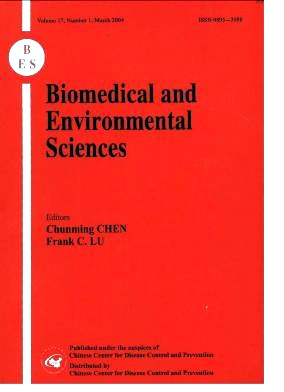Effects of AGEs on Oxidation Stress and Antioxidation Abilities in Cultured Astrocytes
-
Key words:
- Advanced glycation end products /
- Astrocyte /
- Superoxide dismutase /
- Glutathione /
- Malondialdehyde /
- MAO-B /
- Nitric oxide
Abstract: Objective To investigate whether two kinds of in vitro prepared advanced glycation end products (AGEs), Glu-BSA and Gal-BSA, could change oxidation stress and anti-oxidation abilities in astrocytes, and thus might contribute to brain injury. Methods Changes of GSH, MDA, SOD,MAO-B, nitric oxide were measured after AGEs treatment. Results Both 0.1 g/L Glu-BSA and Gal-BSA could slightly decrease GSH level, while 1 g/L of them significantly decreased GSH level by 35% and 43% respectively. The MDA levels of both 1 g/L AGEs treated groups (306±13 and 346±22) were higher than that of the normal group (189±18), which could be inhibited by free radical scavenger NAC. The SOD activities of both 1 g/L AGEs treated groups (67.0±5.2 and 74.0±11.0)were lower than that of the normal group (85.2±8.0). Both 0.1 g/L AGEs could slightly increase the activity of MAO-B, while 1 g/L of them could increase MAO-B activity by 1.5 and 1.7 folds respectively. Both AGEs stimulation could produce NO level by 1.7 and 2 folds respectively.Conclusion Enhanced levels of astrocytic oxidation stress and decrease of antioxidation abilities may contribute to, at least partially, the detrimental effects of AGEs in neuronal disorders and aging brain.
| Citation: | JIAN-MING JIANG, Zhen Wang, DIAN-DONG LI. Effects of AGEs on Oxidation Stress and Antioxidation Abilities in Cultured Astrocytes[J]. Biomedical and Environmental Sciences, 2004, 17(1): 79-86. |







 Quick Links
Quick Links
 DownLoad:
DownLoad: